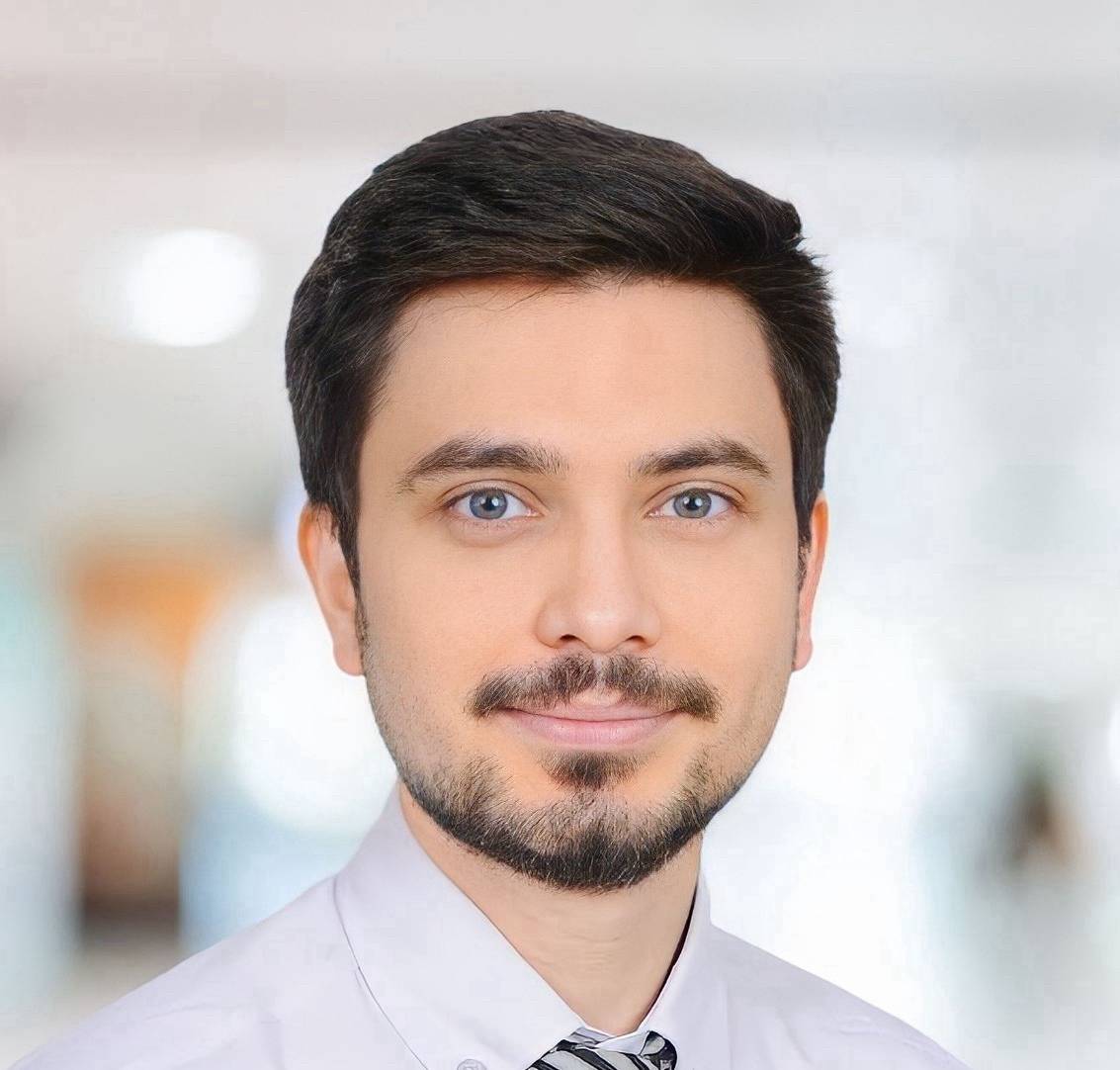A Russian “expert” recently made controversial comments about Turkiye following the 6 February earthquakes. Semyon Bagdasarov is a reserve army colonel of Armenian descent. He served as a deputy in the Duma, the lower house of the Federal Assembly, and is the director of the Moscow-based Centre for the Study of the Middle East and Central Asia.
Bagdasarov has become known for appearing frequently on Russian television and making controversial statements in order to attract publicity for himself. Many television channels feature commentators with extreme viewpoints to attract viewers and increase their ratings; Bagdasarov is one such person. However, his occasional appearances on Russian state television, Rossiya-1, may be part of a larger strategy within Russia’s political landscape.
This “expert” has a long history of making hostile comments about Turkiye; he denies Turkiye’s territorial integrity, for example, by referring to it as “Western Armenia”. He has expressed hostility towards the Turkish state several times and called for cooperation with the Kurdish PKK terrorist organisation. Moreover, he advocated for PKK terrorists to fight on Armenia’s side during the Second Karabakh War and praised them as good fighters and socialists on Rossiya-1. In recent months, he even suggested that the PKK should fight on behalf of Russia in Ukraine. He has also called for “mechanisms” to be implemented to overthrow the Turkish government and “take back Constantinople”.
Bagdasarov has suggested that Russian politicians and the army should take advantage of Turkiye’s difficulties post-earthquake and “reclaim” the land which was, he said, historically part of Russia. One of his suggestions is that an Orthodox Christian crucifix should be attached to the roof of the Hagia Sophia Grand Mosque in Istanbul, with prayers sung in Aramaic and Russian.
READ: No deal reached on Syria quartet meeting
While Bagdasarov’s provocative words appear to be marginal and do not represent an official Russian line, they have still attracted widespread condemnation on social media. Moreover, they do not stand up to serious scrutiny.
The claim that Istanbul (Constantinople) was once part of the Russian Empire is totally false. Throughout its long history, Istanbul has never been under Russian control, not even for a single day. However, this so-called expert might believe that Russia is the heir to the Byzantine Empire and, by extension, an inheritor of present-day Turkiye.
Regardless of his absurd historical interpretations, his calls for Russia to invade Turkiye, a NATO member, are reckless, and expose a total lack of understanding of the potential consequences. Russia would face severe and devastating consequences because NATO’s Article 5 would be invoked, necessitating a forceful response from all NATO members. That alone should convince Moscow not to even consider such a move.
Moreover, Bagdasarov’s suggestion to exploit Turkiye’s recent earthquakes, which caused immense damage and human suffering, with the loss of more than 50,000 lives, reveals his cruel and heartless mindset. What kind of degenerate person would contemplate taking advantage of a bereaved nation? Countries with long-standing disputes with Turkiye, such as Greece, have adopted a conciliatory tone and engaged in humanitarian diplomacy, offering peace and reconciliation a fresh start.
The rhetoric that portrays Turkiye as an enemy can exacerbate an already difficult situation for Russia. It is important to note that Turkiye is attempting to mediate in the ongoing war in Ukraine. As well as playing a crucial role in the signing of the grain corridor deal, Turkiye has also initiated prisoner exchanges between the two countries.
READ: Russian investors flocked to Turkiye in 2022 following Western sanctions
The relationship between Russia and Turkiye is complex and cannot be oversimplified as portrayed by media vultures like Bagdasarov. While there have been periods of conflict between the two countries, there have also been times of amicable relations. Despite some differences, Russia and Turkiye continue to maintain diplomatic links. Countries can minimise conflicts by resolving them through common sense and consensus. In times of crisis, governments must keep a level head to prevent the situation from escalating and causing more significant harm. This principle has been central to the relationship between Russia and Turkiye, especially in recent years.
As Russia finds itself increasingly isolated in the international community, the Kremlin must act rationally and avoid any provocations that could further damage its relationship with Ankara. Moscow is already paying a heavy price for attempting to redraw the borders through its ongoing war in Ukraine. The situation is not helped by agent provocateurs undermining Russia’s relations with Turkiye and fanning the flames of discord. This Russian call to occupy Istanbul is an outrageous provocation and should be condemned.
The views expressed in this article belong to the author and do not necessarily reflect the editorial policy of Middle East Monitor.

![Semyon Bagdasarov (L) [Ministry of Defence/Wikipedia]](https://i0.wp.com/www.middleeastmonitor.com/wp-content/uploads/2017/04/2016_04_27-Semen-Bagdasarov-L-and-Sergey-Rudskoy-RSemen_Bagdasarov_and_Sergey_Rudskoy-.jpg?fit=550%2C390&ssl=1)







